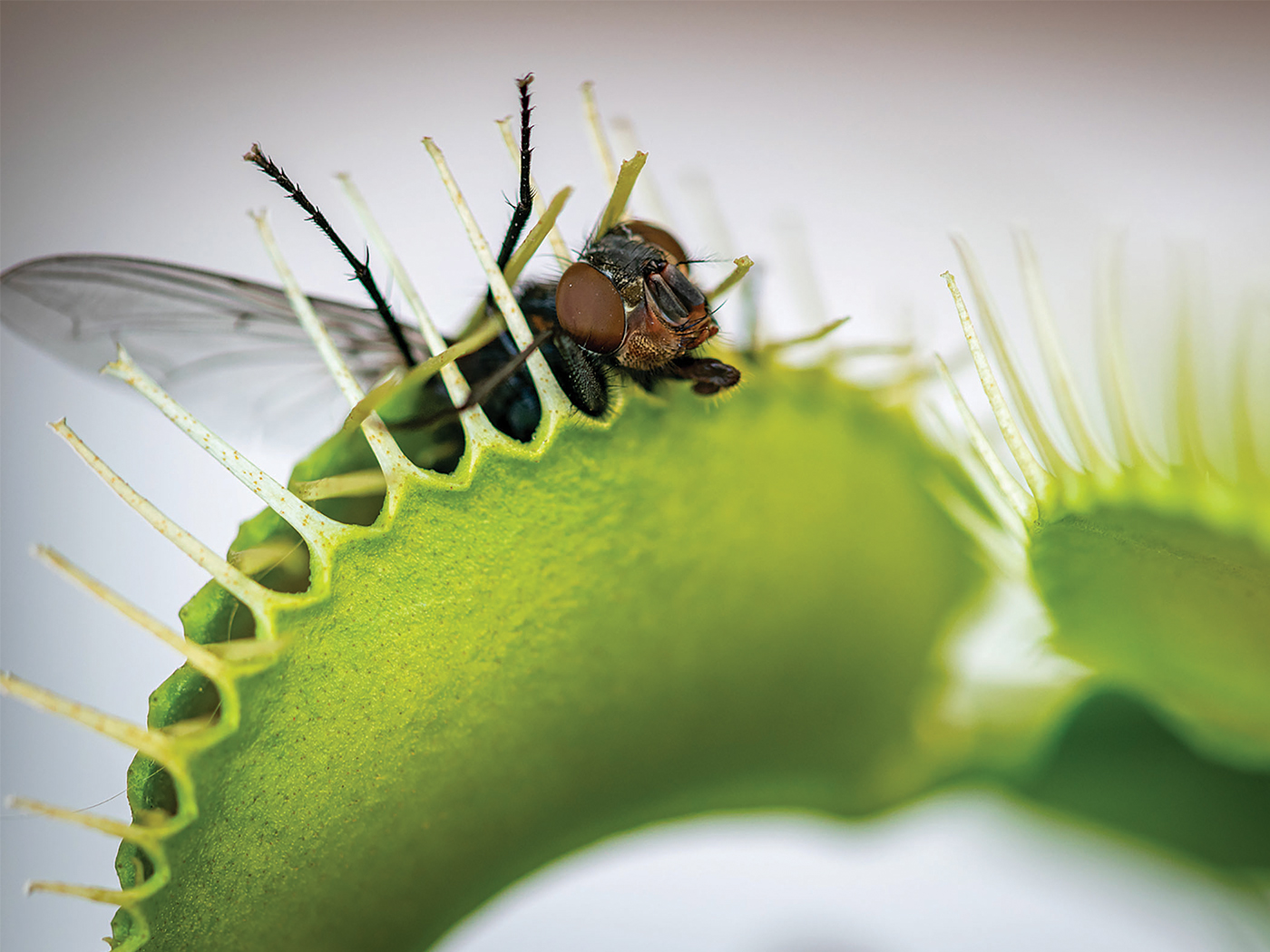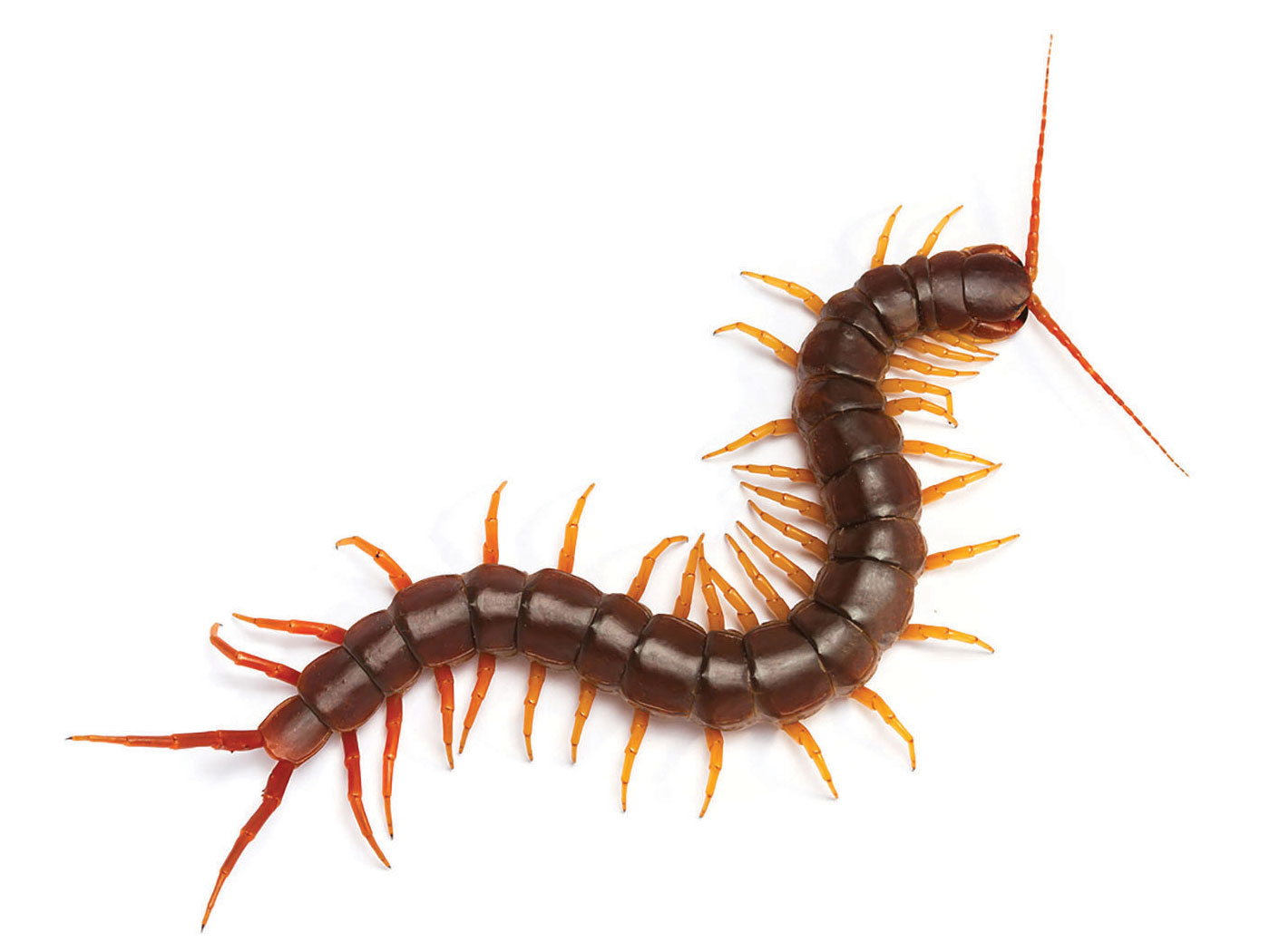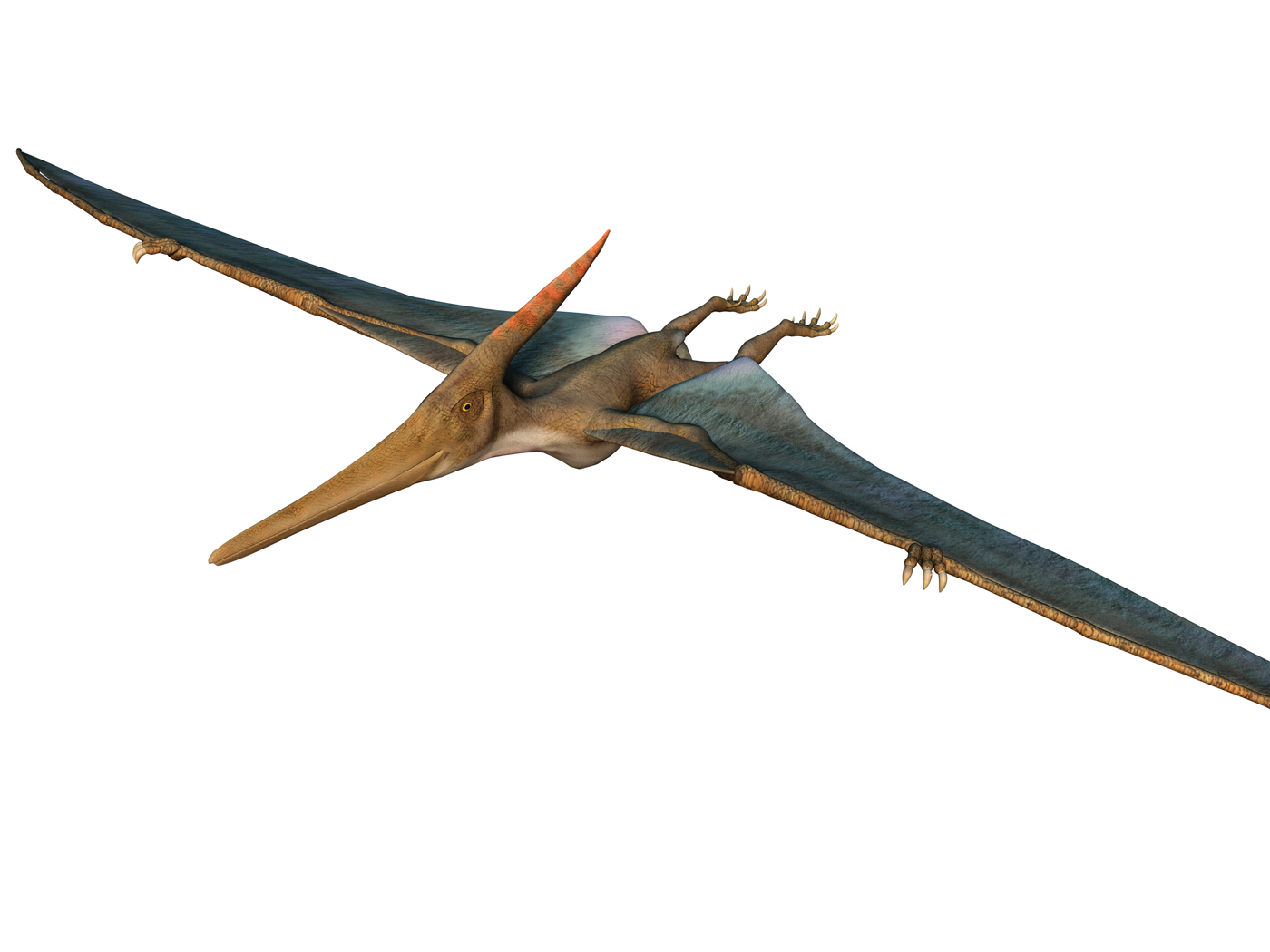“And I will establish my covenant between me and thee and thy seed after thee in their generations for an everlasting covenant, to be a God unto thee, and to thy seed after thee.” (Genesis 17:7)
The phrase “everlasting covenant” (or “perpetual covenant”) is used no less than 16 times in the Old Testament, plus once in the New Testament. It always refers to a covenant promise of God to man, made in grace, for only He can make an everlasting promise.
The first everlasting covenant was made with Noah (Genesis 9:16), a promise never to send a worldwide flood again, sealed with the sign of the rainbow.
The second is recorded in today’s verse and was God’s promise to Abraham and his descendants. The promise was to give them “the land of Canaan, for an everlasting possession” (Genesis 17:8), and the seal was to be the rite of circumcision.
Many of the “everlasting covenant” promises have to do with Israel. Some were stated unconditionally, but others were “broken” because of man’s rebellion against God’s covenant terms. One of the latter was the covenant of the Sabbath. “Wherefore the children of Israel shall keep the sabbath...for a perpetual covenant. It is a sign between me and the children of Israel for ever: for in six days the LORD made heaven and earth, and on the seventh day he rested, and was refreshed” (Exodus 31:16-17).
The last reference is the most important of all: “Now the God of peace, that brought again from the dead our Lord Jesus, that great shepherd of the sheep, through the blood of the everlasting covenant, Make you perfect in every good work to do his will, working in you that which is wellpleasing in his sight, through Jesus Christ; to whom be glory for ever and ever. Amen” (Hebrews 13:20-21). HMM
 Days of Praise Podcast is a podcast based on the Institute for Creation Research quarterly print devotional, Days of Praise. Start your day with devotional readings written by Dr. Henry Morris, Dr. Henry Morris III, Dr. John Morris, and others to strengthen and encourage you in your Christian faith.
Days of Praise Podcast is a podcast based on the Institute for Creation Research quarterly print devotional, Days of Praise. Start your day with devotional readings written by Dr. Henry Morris, Dr. Henry Morris III, Dr. John Morris, and others to strengthen and encourage you in your Christian faith.
















